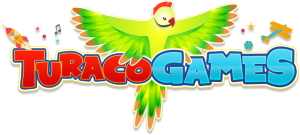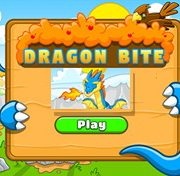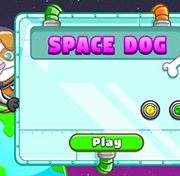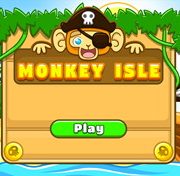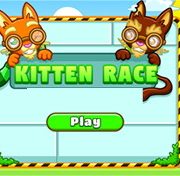Units of measurement, weight, capacity, length – games for 4th grade
This math game helps children in 4th grade practice distinguishing between units of measurement and their function. Click the Play button below to begin practising.
Units of measurement: With so many units of measurement metrics, understanding their function is an essential beginning for fourth grade math learners. Knowing which units measure weight, capacity and length is the focus of this activity.
Some of the following vocabulary on units of measurement and what they measure will be encountered in the game:
Understanding measurement is a fundamental lifetime skill. People use measurement throughout their adult lives in all walks of life. Building, cooking, sewing, decorating, owning a home and more, all involve measurement. With the many units and metrics of measurement, understanding their use and distinguishing between the many forms of measuring can be a little tricky for children. Here are some of the terms used to describe units and metrics of measurement: Decigram, gram, meter, kilometer, kilogram, dekagram, deciliter, milliliter, milligram, centigram, liter and more…This math game for fourth graders helps students distinguish between essential types of measurement metrics such as capacity, length and mass. For instance, meter measures length while grams measure mass, liter measures capacity. Students become familiar with metric terms, and which are less and which represent more in comparison. Comparison to similar English forms of measurement is also briefly touched on in this game as well. After each question is answered correctly the following screen will show a colorful dog in space being able to catch a bone. If an answer is incorrect, a meteor will hit the bone instead, or a spaceship will beam the bone up. This game is great practice for learning center rotations.
- Deciliter, milliliter, milligram, centiliter, millimeter, kilogram and more… In British English, units of measurement ending with –er, often end with –re instead. Thus, liter becomes litre. In British English, units of measurement ending with –er, often end with –re instead. Thus, milliliter in American English becomes millilitre in British English spelling. While we use the American English spelling, British English learners should not be confused as the meanings of these words do not change. It is not a misspelling.
Understanding measurement is a fundamental lifetime skill. People use measurement throughout their adult lives in all walks of life. Building, cooking, sewing, decorating, owning a home and more, all involve measurement. With the many units and metrics of measurement, understanding their use and distinguishing between the many forms of measuring can be a little tricky for children. Here are some of the terms used to describe units and metrics of measurement: Decigram, gram, meter, kilometer, kilogram, dekagram, deciliter, milliliter, milligram, centigram, liter and more…This math game for fourth graders helps students distinguish between essential types of measurement metrics such as capacity, length and mass. For instance, meter measures length while grams measure mass, liter measures capacity. Students become familiar with metric terms, and which are less and which represent more in comparison. Comparison to similar English forms of measurement is also briefly touched on in this game as well. After each question is answered correctly the following screen will show a colorful dog in space being able to catch a bone. If an answer is incorrect, a meteor will hit the bone instead, or a spaceship will beam the bone up. This game is great practice for learning center rotations.
